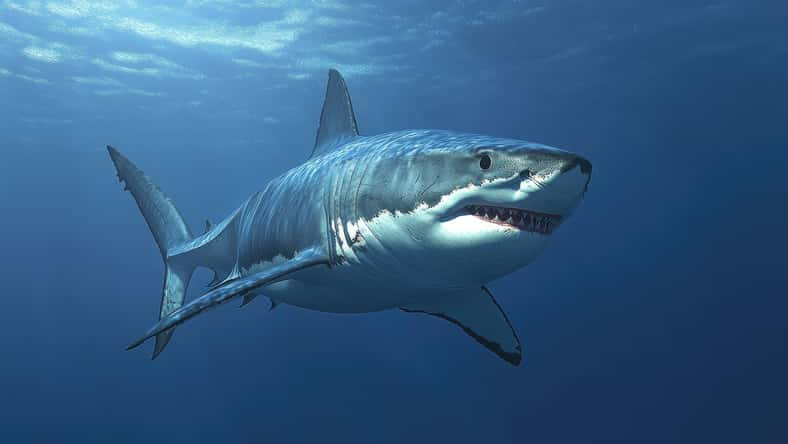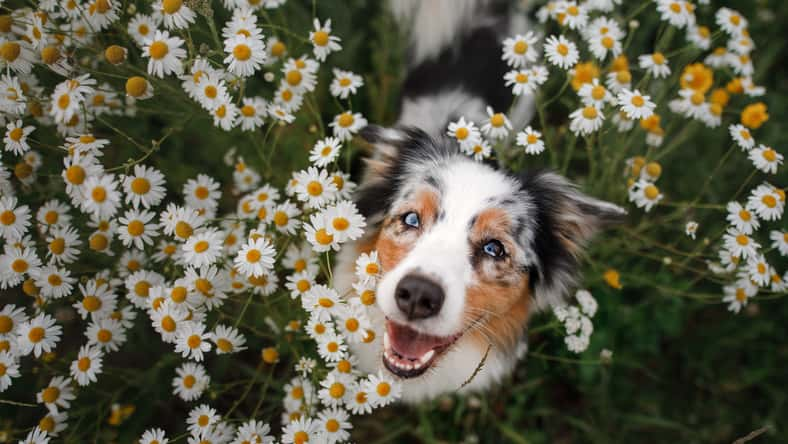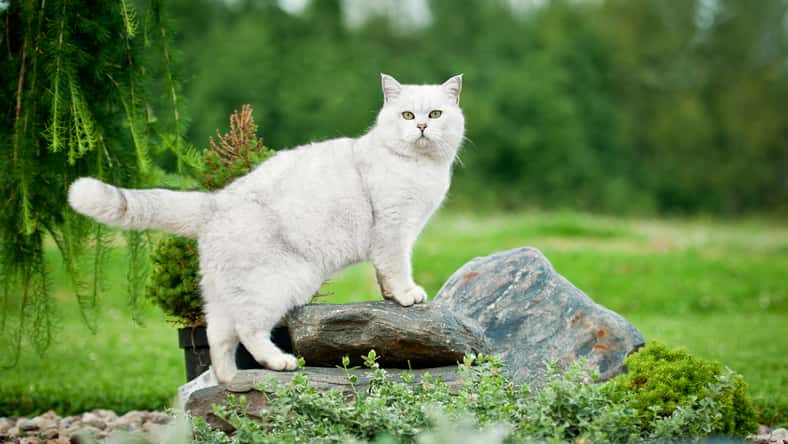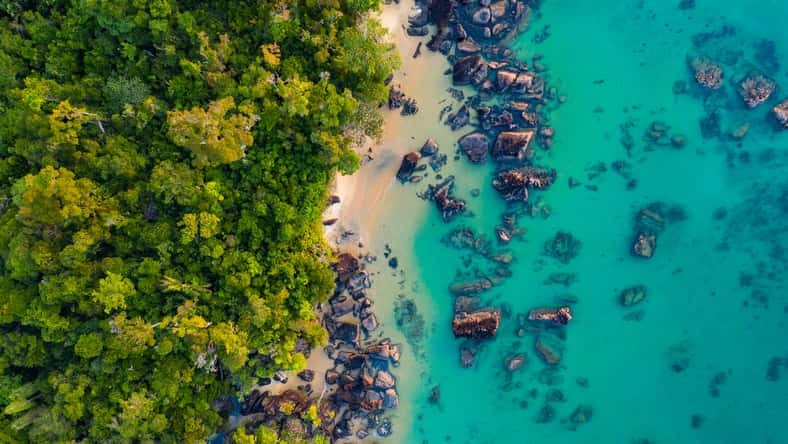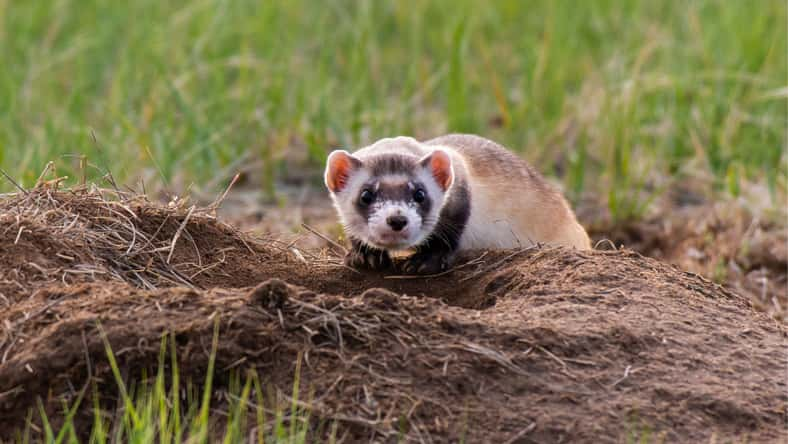
I don’t know about you, but anytime I read news of an endangered animal species, I get depressed. It makes me incredibly anxious to see populations of beautiful animals dwindling because they can’t keep up with today’s complicated climate and habitat loss.
However, I take comfort in knowing some hardworking scientists strive to fix these situations and help bring the population of certain animals back up.
Recently, the science and animal-loving communities have rejoiced after hearing the news of the birth of two cloned black-footed ferrets, which are an endangered species.
The black-footed ferret is a fascinating animal, as it has been a part of some incredible science. In the 1980s, the species was thought to be extinct. However, in 1981, scientists came across a group of 18 in Wyoming and captured them in an effort to bring their population back up.
Some of the ferrets were kept to breed in captivity, and some of their offspring were released back into the wild in hopes they could increase their population on their own.
However, just to be safe, scientists froze cells from one of the female ferrets, Willa, and one of the males, in case cloning was a real possibility in the future.
In 2020, several organizations, including the U.S. Fish and Wildlife Service, Revive & Restore, ViaGen Pets & Equine, Smithsonian’s National Zoo and Conservation Biology Institute, San Diego Zoo Wildlife Alliance, and the Association of Zoos and Aquariums, began working on cloning the black-footed ferrets using the cells from Willa. They were successful, leading to the birth of Elizabeth Ann.
Elizabeth Ann’s birth was extremely exciting, as her birth meant the black-footed ferret was the first endangered species in the U.S. to be successfully cloned.
Scientists cloned two more black-footed ferrets using the same cells to take this miraculous process a step further. In mid-April, the U.S. Fish and Wildlife Service announced the birth of Elizabeth Ann’s twin sisters, Noreen and Antonia.
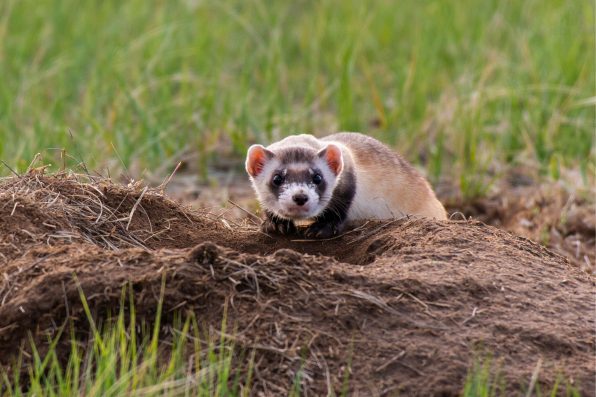
“Noreen was born at the National Black-footed Ferret Conservation Center in Colorado, while Antonia resides at the Smithsonian’s National Zoo & Conservation Biology Institute in Virginia,” wrote the U.S. Fish and Wildlife Service in a press statement.
“Both were cloned from the same genetic material as Elizabeth Ann. They are healthy and continue to reach expected developmental and behavioral milestones. The Service and its research partners plan to proceed with breeding efforts for Noreen and Antonia once they reach reproductive maturity later this year.”
Scientists and researchers hope that with this amazing scientific advancement combined with some habitat conservation, one day, black-footed ferrets will be able to survive in the wild on their own once again.
Cells from other endangered species have been collected by scientists, hoping that they’ll have just as much success as the ferrets, like Texas kangaroo rats, Mount Graham red squirrels, and Mexican wolves.
While we may have a long way to go before any additional kinds of endangered species can be cloned successfully, Elizabeth Ann, Noreen, and Antonia’s births show that science is moving in the right direction.
Sign up for Chip Chick’s newsletter and get stories like this delivered to your inbox.
